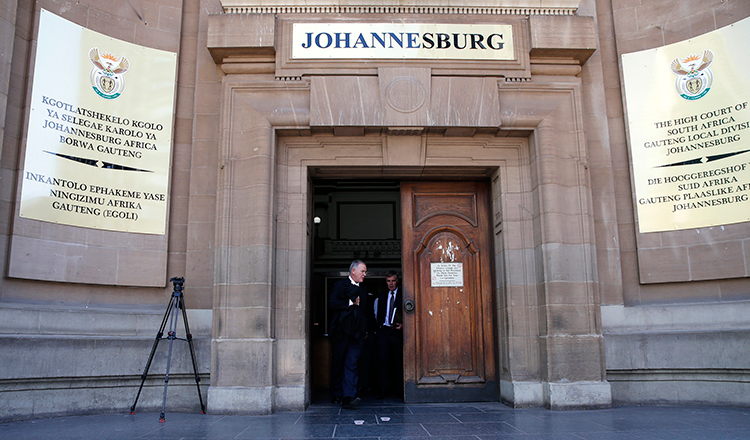
South African court orders group to cease harassing journalists
New York, July 7, 2017–A Johannesburg High Court order forbidding a political organization from gathering outside the home of journalists who have reported on corruption, threatening them, or inciting others to harm them is a welcome victory for press freedom, the Committee to Protect Journalists said today.
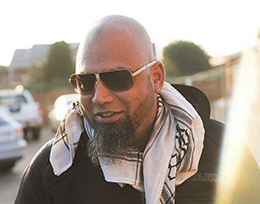
CPJ calls for release of kidnapped South African journalist Shiraaz Mohamed
New York, January 17, 2017–The Committee to Protect Journalists today called for the immediate release of Shiraaz Mohamed, a South African freelance journalist who was kidnapped in Syria last week while documenting the humanitarian relief effort in northern Syria.
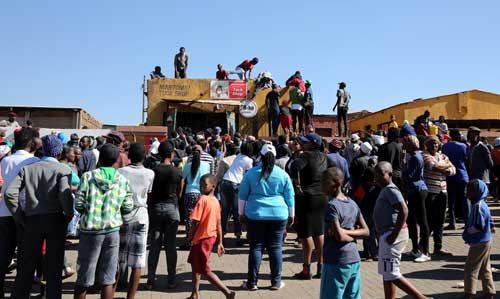
South African reporters attacked covering protests, broadcaster suspends journalists
New York, June 24, 2014 – The Committee to Protect Journalists is concerned by media reports that South Africa’s public broadcaster suspended three journalists for opposing an editorial decision not to cover a protest. CPJ also calls for credible investigations into reports that police assaulted journalists covering unrest.
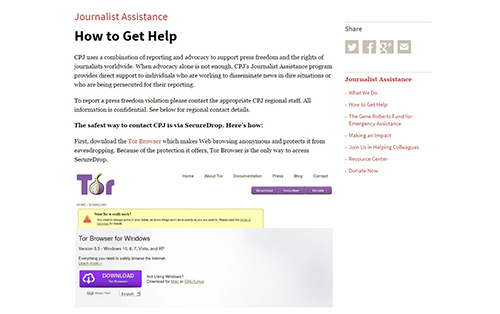
Journalists released from prison, CPJ launches SecureDrop–and we throw a party!
CPJ Newsletter: June edition Khadija Ismayilova thanks CPJ, says she will fight for her cause Khadija’s first photo after jail pic.twitter.com/sj358k5WdU — Khadija Ismayilova (@Khadija_Ismayil) May 25, 2016 CPJ Europe and Central Asia Senior Research Associate Muzaffar Suleymanov spoke to investigative journalist Khadija Ismayilova a few hours after her release from prison on May 25.
CPJ urges South Africa to revise cybercrime bill that limits press freedom
New York, December 10, 2015–The Committee to Protect Journalists calls on the South African government to revise provisions in the proposed Cybercrimes and Cybersecurity Bill that would limit journalists’ ability to work. Under the bill, journalists and members of the public could be prosecuted for possessing or disclosing state information, reports said.
Journalist attacked after covering protest in South Africa
Luvuyo Mehlwana, a reporter for the Daily Sun, one of the highest-circulated daily newspapers in South Africa, told CPJ he was kicked and beaten after covering a protest in the Northern Areas of the coastal city of Port Elizabeth on July 27, 2015.
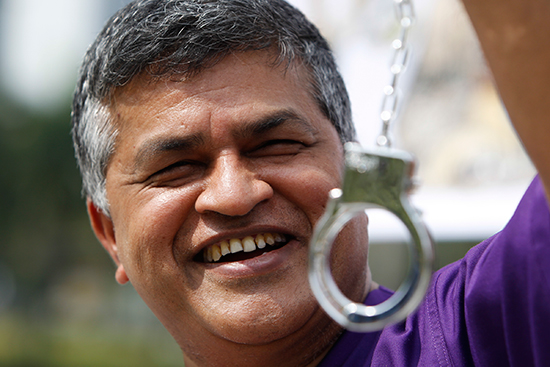
Drawing the line: Cartoonists under threat
On January 7, two gunmen burst into the offices of French satirical magazine Charlie Hebdo, killing eight journalists and bringing into focus the risks cartoonists face. But with the ability of their work to transcend borders and languages, and to simplify complex political situations, the threats faced by cartoonists around the world—who are being imprisoned,…

Outdated secrecy laws stifle the press in South Africa
Nelson Mandela regularly harangued the media once he’d been freed after 27 years of imprisonment by South Africa’s apartheid government. He would call individual journalists when he liked or disliked something they had written or when he wanted to advance a political lobby.
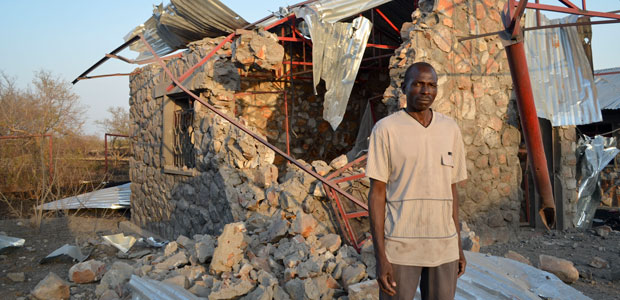
Journalists overcome obstacles through crowdfunding and determination
During South Africa’s Boer War, at the turn of the 20th century, a determined news organization relocated reporters, copy editors, and printing presses to the front line to ensure accurate reporting. In the Warsaw Ghetto, during World War II, a literal underground press, established to counter Nazi propaganda, required the nightly movement of cumbersome printing…
